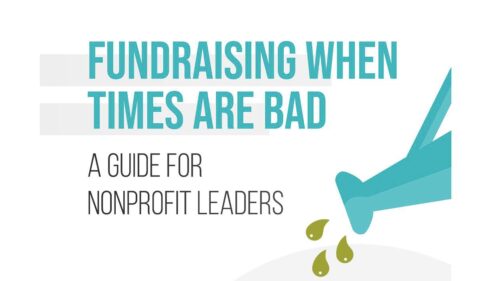Schambra concluded his talk -- which was subsequently published at Nonprofit Quarterly -- by contrasting the guiding globalist visions of such foundations as Carnegie and Rockefeller with that of the Libra Foundation, which focuses its giving in Maine and is thereby accountable to a comprehensible constituency.
I rehearse all of this background by way of noting that the Council on Foundations has responded to Schambra's piece. It is notable for (1) utterly refusing to engage the substance of Schambra's argument in favor of pointing out the various fine and noble endeavors being undertaken by a few foundations today -- which fact no one, including Schambra, has ever doubted (did the Council even read what he wrote about Libra?); (2) for being clotted with the usual vapid jargon ("strategic insight," "global ecosystem"); and (3) for deigning to mention eugenics while simultaneously refusing to grant, much less respond to, Schambra's point that philanthropy helped to drive and direct the eugenics movement in America.
The truth is that, like all of us, philanthropy has a checkered past. Unless we deal honestly and candidly with our mistakes, we can hardly learn from them. Schambra is the clinician, the counselor. Philanthropy is the client who is wealthy and powerful enough to remain in denial. For now.





